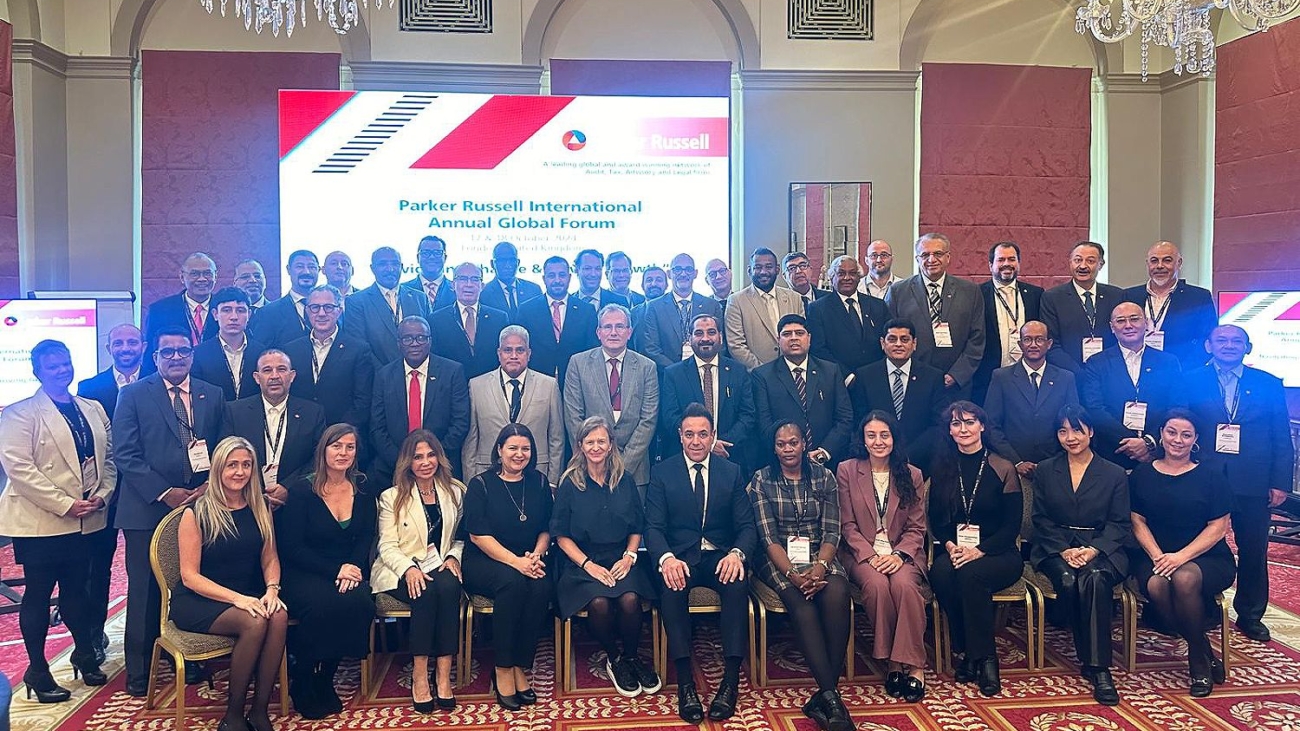The recent U.S. President’s directive on foreign aid and the subsequent Stop Work Order (SWO) have left many USAID-funded organisations facing abrupt Award terminations. If your Award has been terminated and not rescinded under FAR 49.102(d) due to legal action, it is essential to begin closeout preparations immediately. A structured and financially efficient closeout process is crucial to mitigate risks, settle obligations, and ensure full compliance with all regulatory requirements.
For Kenyan non-governmental organisations (NGOs), the process presents a unique set of challenges. Beyond USAID’s stringent policies, local labour laws, financial management standards, and fiduciary responsibilities must be strictly observed. Ensuring accuracy and completeness in documentation, contract closure, asset disposition, and final reporting can streamline the process, reducing legal risks and financial exposure.
Understanding the USAID Closeout Process
USAID-funded projects typically operate under a contractual framework that includes strict compliance requirements. The closeout phase occurs when a project reaches its end, whether through natural completion or early termination. The process involves reviewing financial records, ensuring all deliverables are met, terminating staff contracts in compliance with Kenyan labour laws, and settling outstanding financial obligations.
Failure to properly close out a project can lead to reputational damage, financial penalties, and legal disputes. Therefore, organisations must proactively address every component of the closeout process. Here’s how:
Key Considerations for a Seamless Closeout
1. Reviewing Contracts & Deliverables
Organisations must ensure all contractual obligations and deliverables are up to date until the termination date. This includes reviewing agreements, documenting milestones achieved, and securing approvals from USAID. NGOs should work closely with legal teams to ensure contractual compliance while mitigating potential disputes with donors and partners.
2. Financial Reporting & Compliance
Proper financial documentation is critical. Organisations must ensure that all invoices, including Indirect Cost Rate Adjustments (ICRA), vendor invoices, and employee termination benefits, are reconciled and reported accurately. Financial closeout should also factor in unpaid obligations, unliquidated obligations, and indirect costs.
In Kenya, financial compliance extends beyond donor requirements to include obligations under the Kenya Revenue Authority (KRA) tax regime. NGOs must ensure compliance with Value-Added Tax (VAT) regulations, finalising payables and receivables while keeping financial statements in order.
3. Labour Law Compliance & Staff Redundancies
With project terminations, staff redundancies become a key challenge. Kenyan labour laws require that organisations follow due process when terminating contracts, including proper notification, severance pay, and documentation. The Employment Act (2007) outlines specific provisions on termination, including:
- Employee consultation before termination.
- Justifiable reasons for redundancy.
- Compensation for lost employment.
- Notice periods and legal obligations.
Failure to adhere to these requirements could lead to costly legal claims and reputational damage.
4. Asset Disposition & USAID Regulations
USAID regulations require that assets procured under the Award be properly disposed of, either by returning them to the donor, transferring them to another USAID-funded project, or donating them to eligible organisations. Kenyan NGOs must ensure they follow proper documentation and reporting procedures to avoid audit risks.
5. Lease & Agreement Terminations
For organisations operating under lease agreements, the closeout process must factor in contract terminations and related financial implications. Blanket Purchase Agreements (BPAs) and lease agreements for office spaces, equipment, and vehicles must be closed amicably to prevent ongoing financial obligations beyond the project’s termination.
6. Managing Subcontracts & Grants
Subcontracts and grants are a critical aspect of USAID-funded projects. During closeout, organisations must:
- Ensure that all subcontracts and grants are reviewed and properly closed.
- Send required notifications to subcontractors and sub-grantees.
- Process final deliverables and invoices.
- Archive financial records for future audits.
Failure to properly close out subcontracts could leave organisations liable for financial penalties or compliance violations.
7. Records Management & Data Protection
Data retention is an essential aspect of the closeout process. Kenyan NGOs must ensure that all financial, programmatic, and contractual records are backed up, digitised, and stored securely in compliance with the Data Protection Act (2019). Additionally, USAID-funded organisations must adhere to the BPO Act’s requirements regarding proper data protection, records retention, and intellectual property rights.
8. Financial Closeout & Tax Reporting
Finalising financial closeout involves ensuring all payables and receivables are settled, VAT is correctly reported, and there are no outstanding obligations. Additionally, NGOs must be prepared for the final “Reporting of Foreign Taxes” submission to USAID, ensuring that all documentation aligns with both USAID and Kenyan tax regulations.
9. Structuring the Final Report
The final report plays a crucial role in the closeout process. It must be structured to meet USAID compliance standards and financial efficiency benchmarks. The report should include:
- A summary of project achievements and challenges.
- A detailed financial reconciliation report.
- An asset disposition plan.
- Final programmatic deliverables.
Proper documentation ensures that organisations maintain a positive relationship with USAID and remain eligible for future funding opportunities.
Common Challenges in the Closeout Process
Kenyan NGOs often encounter several challenges during the closeout process, including:
- Delays in approvals: USAID’s bureaucratic processes can slow down the closeout timeline.
- Financial reconciliations: Ensuring every expenditure is properly documented can be a complex task.
- Labour disputes: Redundancy disputes can arise if terminations are not handled carefully.
- Asset handovers: Transferring assets to appropriate recipients while meeting USAID compliance requirements can be cumbersome.
How Parker Russell Eastern Africa Can Help
Navigating the USAID closeout process is intricate, requiring careful attention to financial, legal, and operational details. Parker Russell Eastern Africa offers comprehensive support to NGOs undergoing the closeout process. Our team of experts provides tailored assistance in:
- Reviewing and finalising contractual obligations.
- Managing financial closeout and reconciliation.
- Ensuring compliance with Kenyan labour laws.
- Handling asset disposition and regulatory reporting.
- Preparing and structuring final reports.
With years of experience in financial consulting, regulatory compliance, and USAID-funded project management, we help NGOs transition smoothly through project terminations while safeguarding compliance and financial stability.
Contact Us for Expert Closeout Support
For professional assistance with your USAID project closeout, reach out to us today:
Parker Russell Eastern Africa
Block 2(A), Karengata Park, Marula Road, Karen
P.O. Box 25426-00100 Nairobi
T: +254 20 239 9149
M: +254 771 007 125
info@parkerrandall-ea.com
https://parkerrussell-ea.com/
By ensuring meticulous planning, regulatory compliance, and proper financial management, Kenyan NGOs can navigate the USAID closeout process seamlessly, minimising risks and optimising financial efficiency. Parker Russell Eastern Africa remains a trusted partner in achieving this goal.
















